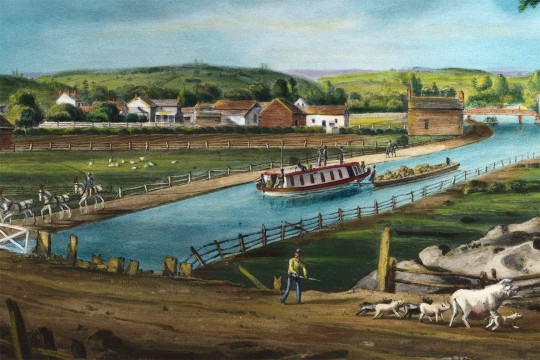
Christine Keiner
Department Chair
Christine Keiner
Department Chair
Education
BA, Western Maryland College; Ph.D., Johns Hopkins University
Bio
B.A. Biology, McDaniel College (formerly Western Maryland College)
Ph.D. History of Science, Medicine, and Technology, Johns Hopkins University
Winner of the 2010 Forum for the History of Science in America Book Prize, Maryland Historical Trust Heritage Book Award, and Honorable Mention from the Frederick Jackson Turner Committee of the Organization of American Historians
Research Interest: History of ecology and biology, history of Cold War science and technology, U.S. environmental politics, and relations between science and politics
Courses: Science, Technology and Values; Introduction to Environmental Studies; Great Lakes; History of Ecology and Environmentalism; History of Women in Science and Engineering; Environmental Disasters; Engineering in American Culture; Honors STS: The Panama Canal; Honors STS: Food and Power in U.S. History; Interdisciplinary Capstone Seminar in Science, Technology and the Environment
Select Scholarship
Currently Teaching
In the News
-
November 5, 2025

Experts spotlight threats on both sides of US waterways: 'Really negative effects that cost a lot of money'
The Cool Down speaks to Christine Keiner, chair of the Department of Science, Technology, and Society, about the threat of invasive species in the waterway.
-
October 16, 2025

Erie Canal’s 200th anniversary: How a technological marvel for trade changed the environment forever
An essay by Christine Keiner, chair of the Department of Science, Technology, and Society, published by The Conversation.
-
March 10, 2025

'Attitude with Arnie Arnesen': Christine Keiner - March 6, 2025
The Attitude with Arnie Arnesen podcast talks with Christine Keiner, chair of RIT’s Department of Science, technology, and Society, about the potential impacts of cuts to the National Oceanic and Atmospheric Administration. (This content may require an Apple Podcast subscription to play.)
-
November 7, 2025
Keiner publishes in 'Journal for the History of Knowledge'
-
April 24, 2025
Keiner presents at two history conferences
-
April 26, 2024
Keiner research featured in documentary
-
October 17, 2023
Carroll, Keiner attend writing retreat


